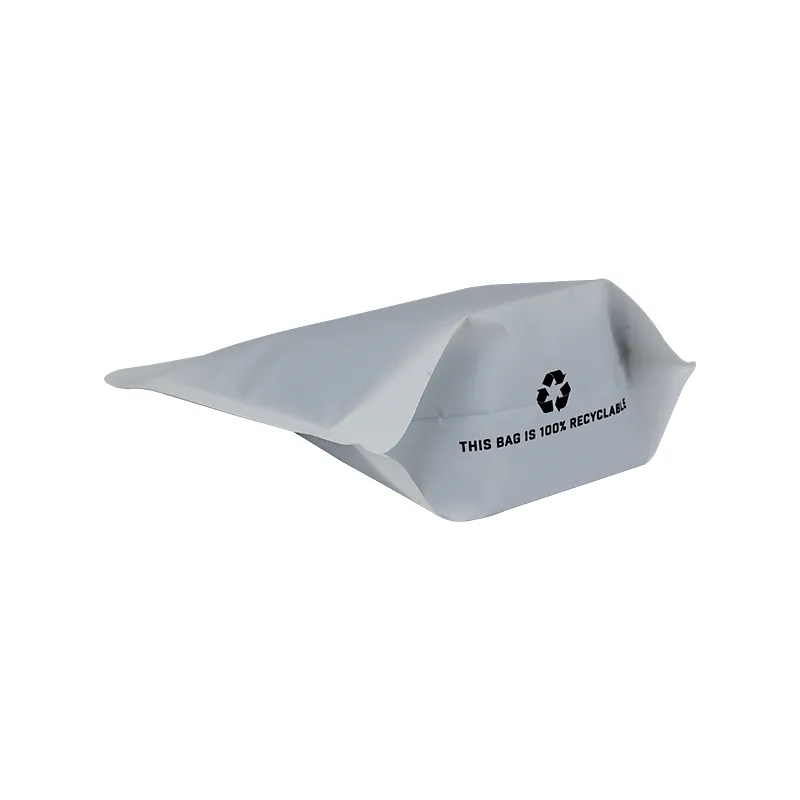Email: enid@bc-pak.com
Tel: 86-757- 88811186
- Afrikaans
- Albanian
- Amharic
- Arabic
- Armenian
- Azerbaijani
- Basque
- Belarusian
- Bengali
- Bosnian
- Bulgarian
- Catalan
- Cebuano
- chinese_simplified
- chinese_traditional
- Corsican
- Croatian
- Czech
- Danish
- Dutch
- English
- Esperanto
- Estonian
- Finnish
- French
- Frisian
- Galician
- Georgian
- German
- Greek
- Gujarati
- haitian_creole
- hausa
- hawaiian
- Hebrew
- Hindi
- Miao
- Hungarian
- Icelandic
- igbo
- Indonesian
- irish
- Italian
- Japanese
- Javanese
- Kannada
- kazakh
- Khmer
- Rwandese
- Korean
- Kurdish
- Kyrgyz
- Lao
- Latin
- Latvian
- Lithuanian
- Luxembourgish
- Macedonian
- Malgashi
- Malay
- Malayalam
- Maltese
- Maori
- Marathi
- Mongolian
- Myanmar
- Nepali
- Norwegian
- Norwegian
- Occitan
- Pashto
- Persian
- Polish
- Portuguese
- Punjabi
- Romanian
- Russian
- Samoan
- scottish-gaelic
- Serbian
- Sesotho
- Shona
- Sindhi
- Sinhala
- Slovak
- Slovenian
- Somali
- Spanish
- Sundanese
- Swahili
- Swedish
- Tagalog
- Tajik
- Tamil
- Tatar
- Telugu
- Thai
- Turkish
- Turkmen
- Ukrainian
- Urdu
- Uighur
- Uzbek
- Vietnamese
- Welsh
- Bantu
- Yiddish
- Yoruba
- Zulu
Side Gusset Pouch Packaging Bag
Views :
Update time : Feb . 20, 2025 13:41
Plastic pollution has become one of the most pressing environmental issues, prompting consumers and businesses alike to seek sustainable alternatives. Amongst these alternatives, environmentally friendly plastic bags are gaining increasing attention. These bags promise to reduce the environmental footprint significantly, and understanding their benefits and limitations can lead to more informed purchasing decisions.
The authority on eco-friendly products suggests that consumer education and transparency in labeling are vital to foster trust in these environmentally friendly alternatives. Clear indicators of a bag's composition, certification standards, and optimal disposal methods should be prominently displayed. This empowers consumers to make informed choices aligned with their environmental values. Implementing eco-friendly practices within a business context also affords a competitive advantage. By integrating sustainable bags into packaging strategies, companies can enhance their brand image and demonstrate a commitment to environmental stewardship. Strategic partnerships with certified suppliers ensure a steady supply of high-quality products that resonate with eco-conscious consumers. To truly capitalize on this trend, businesses and consumers alike must rely on trustworthy information sources. Engaging with industry reports, attending sustainability workshops, and consulting with environmental scientists can offer further insights into the optimal use and lifecycle management of environmentally friendly plastic bags. The shift toward sustainable solutions necessitates a collective effort. As awareness grows, manufacturers are pushed to innovate, creating products that are not only environmentally sustainable but also economically viable. This ongoing evolution indicates a promising future where environmentally friendly plastic bags play a vital role in reducing our ecological footprint. By embracing these alternatives and responsibly managing their lifecycle, society takes a significant step towards addressing one of the planet's critical challenges. The journey toward a greener future is paved by informed decisions and conscious consumption habits, rendering environmentally friendly plastic bags not just a trend, but a necessity.


The authority on eco-friendly products suggests that consumer education and transparency in labeling are vital to foster trust in these environmentally friendly alternatives. Clear indicators of a bag's composition, certification standards, and optimal disposal methods should be prominently displayed. This empowers consumers to make informed choices aligned with their environmental values. Implementing eco-friendly practices within a business context also affords a competitive advantage. By integrating sustainable bags into packaging strategies, companies can enhance their brand image and demonstrate a commitment to environmental stewardship. Strategic partnerships with certified suppliers ensure a steady supply of high-quality products that resonate with eco-conscious consumers. To truly capitalize on this trend, businesses and consumers alike must rely on trustworthy information sources. Engaging with industry reports, attending sustainability workshops, and consulting with environmental scientists can offer further insights into the optimal use and lifecycle management of environmentally friendly plastic bags. The shift toward sustainable solutions necessitates a collective effort. As awareness grows, manufacturers are pushed to innovate, creating products that are not only environmentally sustainable but also economically viable. This ongoing evolution indicates a promising future where environmentally friendly plastic bags play a vital role in reducing our ecological footprint. By embracing these alternatives and responsibly managing their lifecycle, society takes a significant step towards addressing one of the planet's critical challenges. The journey toward a greener future is paved by informed decisions and conscious consumption habits, rendering environmentally friendly plastic bags not just a trend, but a necessity.
Recommend products
Read More >>
Related News
Read More >>













